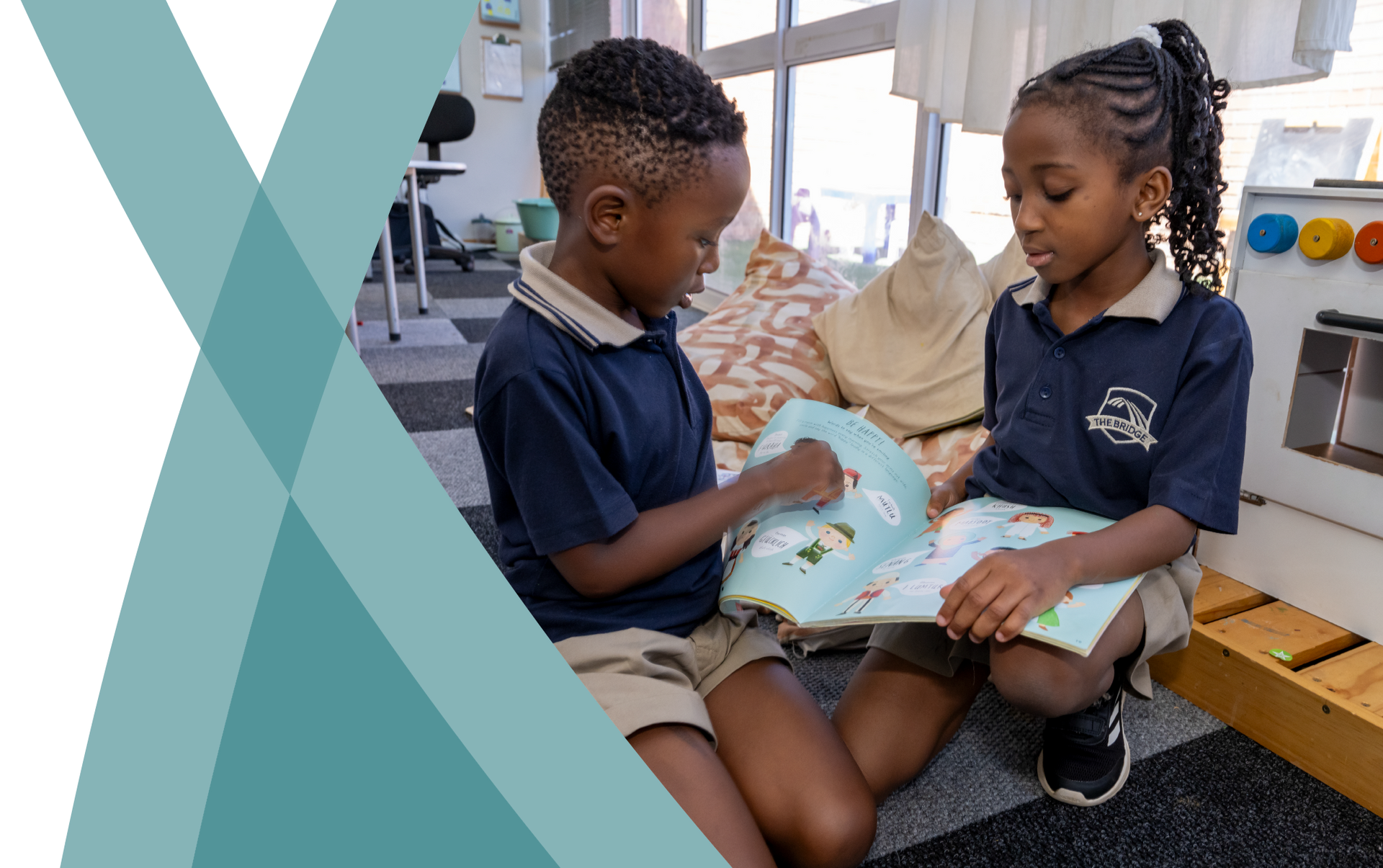
Where Can I Get Support?
Questions and Answers
My child uses gestures or a communication board to express their needs, will they ever communicate verbally?
Every child communicates differently, and using gestures or a communication board is a valid and meaningful way to express needs. Whether your child develops verbal speech depends on many factors, including their individual strengths, diagnosis, motor skills, and sensory profile.
Some children do develop speech over time, while others continue to use augmentative and alternative communication (AAC) as their primary mode—and that’s okay. Research shows that AAC doesn’t prevent speech; it often supports it.
Our focus as speech therapists is on helping your child communicate in the most effective and empowering way for them—whether that’s through words, signs, or a device. We build on their strengths, support their growth, and honour their unique communication journey.
Why is my child stimming? What is stimming?
Stimming—short for self-stimulatory behaviour—includes movements or sounds like hand-flapping, rocking, spinning, or repeating words or noises. These behaviours are very common in neurodiverse children, including those with autism.
From a clinical perspective, stimming serves an important purpose for many children. It can help them regulate their emotions, manage sensory input, express excitement or stress, or simply feel calm and in control. Stimming is a natural way for the brain to process the world—and for many neurodivergent individuals, it’s a key part of how they interact with their environment.
As therapists, we look at stimming through a supportive lens. Unless a behaviour is causing harm or significantly interfering with a child’s ability to communicate or learn, it usually doesn't need to be changed. Instead, we focus on understanding why a child is stimming and what it’s helping them achieve. This helps us support their communication in ways that are respectful and aligned with their sensory and emotional needs.
Should My Child See a Child Psychiatrist or an Educational Psychologist?
As a therapist, I’m often asked which professional is best to assess a neurodiverse child. The answer depends on the type of difficulties your child is experiencing.
Child Psychiatrist
A psychiatrist is a medical doctor who focuses on mental health and neurodevelopmental conditions. Consider this route if your child shows:
• Significant emotional or behavioural challenges
• Suspected ADHD, autism, or other neurodevelopmental conditions
• Need for diagnosis or medication
• Difficulties that affect mood, regulation, or daily functioning
Educational Psychologist
An educational psychologist focuses on how children learn and cope in school. They’re helpful when your child has:
• Learning difficulties, attention or memory concerns
• Challenges in school engagement or performance
• Need tailored education support
• Emotional issues that impact school behaviour or progress
Which One First?
If the main concern is mental health or diagnosis, start with a child psychiatrist. If school functioning or learning is the key issue, an educational psychologist is more appropriate. In complex cases, both may be needed.
As a therapist, I can help guide this decision and coordinate care to make sure your child gets the right support.
How do I explain dyslexia to my child without making them feel "broken"?
It is important to frame dyslexia in a positive, empowering way by saying something like:
"Your brain works in a really special way! Some people’s brains are like highways where words and numbers move quickly, but yours takes a more creative path—like a winding trail with beautiful scenery. That means reading or writing might take a little more effort for you, but it also means you think in amazing ways that others don’t. Lots of brilliant people (like inventors, artists, and scientists) have dyslexia too. We’ll find the best tools and tricks to help your brain shine!"
Key points:
• Emphasize strengths (creativity, problem-solving, big-picture thinking).
• Normalize differences (compare it to being left-handed or having unique talents).
• Reinforce that they’re not alone—many successful people share this.
Can my child outgrow dyslexia, dysgraphia, or dyscalculia?
Dyslexia, dysgraphia, and dyscalculia are lifelong differences in how the brain processes information, but with the right support, your child can improve significantly and thrive. Think of it like this:
• They won’t "outgrow" it, but they can adapt and develop strategies to work with their unique brain.
• Early intervention (like structured literacy for dyslexia or multisensory math for dyscalculia) helps build skills and confidence.
• Many adults with these challenges succeed by using tools (audiobooks, speech-to-text, calculators) and leaning into their strengths.
Encouragement:
"Your brain might always learn differently, but that doesn’t stop you from achieving great things. We’ll keep finding what works for you!"
Will my child with dyscalculia ever "catch up" in math?
They may not learn math the same way as peers, but they can make progress and succeed with the right approach:
• Focus on mastery of concepts (not speed or rote memorization).
• Use hands-on tools (counting blocks, visual aids) and real-life applications (budgeting, cooking).
• Accommodations (like extra time, calculators, or formula sheets) can level the playing field.
What to say to your child:
"Math might feel tricky because your brain sees numbers differently, but that doesn’t mean you’re bad at it. We’ll find ways to make it click—and you’ll keep getting better at your own pace."
Hope to share: Some people with dyscalculia thrive in careers involving creativity, language, or spatial reasoning (e.g., design, art, engineering). Math is just one skill among many!
My child has dyslexia and reading can still be challenging for them. When is it necessary to see a remedial therapist and what are the benefits of this support?
Remedial therapists have undergone comprehensive training to provide individualised support to children with learning difficulties. Reading is a complex skill, and remedial therapists are the most equipped to support development and improvement of this skill to best support neurodiverse children with reading. The benefits of remedial therapy extend to confidence and improved levels of comfort for children with dyslexia when navigating literacy activities and classwork activities in general.
My child has difficulty keeping their desk and possessions organised throughout the school day. Can occupational therapy intervention improve this?
Applying organisational skills to the classroom environment throughout the school day is a complex process. Occupational therapy intervention can not only address the executive functioning skills of planning and organisation themselves but also any other contributing factors such as the child’s sensory processing and level of arousal. It is common for neurodiverse children to have trouble in organising themselves and occupational therapy intervention is an evidence-based form of support to improve organisational skills.
It can be challenging supporting a neurodiverse child with regulation. My child has been diagnosed with ADHD, how can I tell when they are experiencing sensory overstimulation versus a response to an emotional stimulus?
Children who have ADHD can have difficulty effectively processing both sensory and emotional information from their environments. Due to the closeness of the sensory and emotional processing centres in the brain, sensory overstimulation can present like an emotional response and vice versa. If it was perhaps a loud or unexpected noise after a busy day at school that caused a response in your child, they may have been overstimulated by the multisensory environments of the classroom and playground. If your child is overstimulated from sensory input, their responses to how they are feeling may be related to their body, such as “my body feels busy” as opposed to emotional words such as “sad” or “angry”. In either situation, encouraging deep breaths and giving tight hugs can be helpful!

The Impact of Early Intervention Programs for Neurodiverse Children
Ashleigh Fraser
Speech-language Pathologist at The Bridge Lonehill



